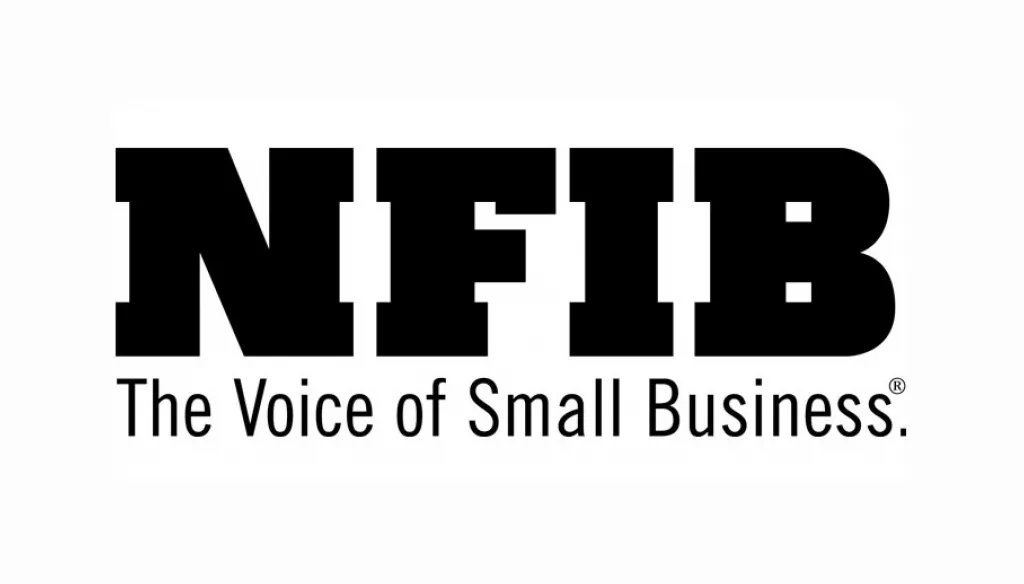Voicing “disappointment, but not surprise,” small business leaders in Michigan are denouncing another gubernatorial veto directly affecting the business community across the Great Lakes State today.
One of the state’s leading small business advocates, the National Federation of Independent Business (NFIB), shared their exasperation over Governor Whitmer’s veto of Senate Bill 1. That legislation was designed to limit the Michigan Department of Health and Human Services (MDHHS) ability to issue emergency epidemic orders for more than 28 days without legislative approval.
NFIB Michigan State Director, Charlie Owens, argues, “The time for governing by press conference is over,” and contends, “Between the Governor’s unconstitutional Executive Orders and now the endless Emergency Orders from the Department of Health and Human Services, the citizens of Michigan are left without a voice.”
Senate Bill 1 was tied to $300 million in appropriations for the coronavirus response. Owens said that a recent survey of NFIB small business members shows support for conditioning the appropriation of federal stimulus money on legislative oversight of emergency epidemic orders.
Owens says, “We urge the legislature to continue to withhold appropriations, including federal stimulus funding, until such time as the governor acknowledges and respects our legislators who were duly elected to represent Michigan’s citizens,” while explaining, “Senate Bill 1 would require the governor to include our lawmakers in the next steps on responding to an outbreak before an MDHHS emergency order could be extended beyond 28 days, this is not unreasonable as evidenced by the Supreme Court’s decision indicating that her previous use of executive orders was unconstitutional.”
For more than 75 years, NFIB has been advocating on behalf of America’s small and independent business owners, both in Washington, D.C., and in all 50 state capitals. NFIB is nonprofit, nonpartisan, and member-driven. Since being founded in 1943, NFIB has been exclusively dedicated to small and independent businesses, and remains so today.






